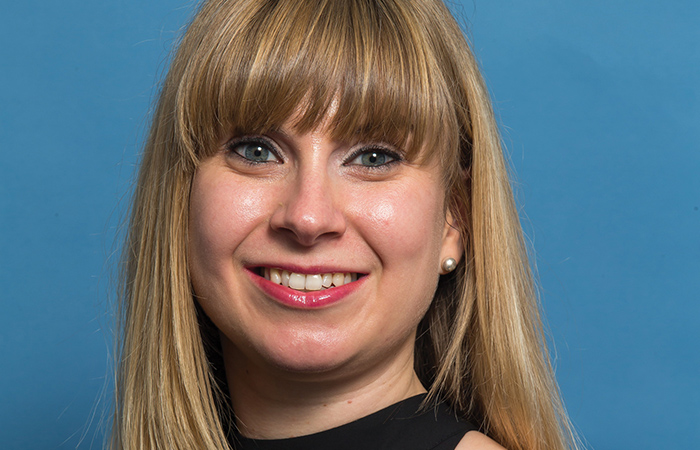
Does BBC presenter Chris Evans really deserve to be paid in excess of £2.2m a year? Or how about Alan Shearer earning between £400,000 and £449,999? I’m sure many of you will have asked or answered these questions at least once this week.
Love him or loathe him, Evans found himself to be a national talking point on Wednesday 19 July when the BBC revealed him to be its highest-paid on-air talent, earning in excess of £2.2m per year.
Under the terms of the Royal Charter, the broadcasting firm is now required to publish annually details of all individuals who are paid more than £150,000 from licence fee revenue in each financial year. Its first such list generated much public debate. First, there were those questioning whether the individuals concerned are truly deserving of such high salaries.
Second, and arguably more importantly, debate erupted around the significant gender pay gap that appears to exist at the higher-profile echelons of the BBC. Of the individuals comprising its top 10 highest-paid on-air talent, just two, presenters Claudia Winkleman and Alex Jones, are female, earning £450,000-£499,999 and £400,000-£449,999 respectively.
Since the report was released, a number of BBC presenters, both male and female, have publicly voiced their support for the need to take steps to eradicate the corporation’s existing gender pay inequality among on-air talent. Many, including BBC 5 Live presenter Rachel Burden and BBC political correspondent Chris Mason have tweeted details of their own salaries in a bid to increase transparency.
Meanwhile, Newsnight presenter Emily Matlis’ agent, Alex Armitage, tweeted that the fact Matlis did not make the list of individuals earning in excess of £150,000, while her co-presenter, Evan Davis, earns up to £299,999 a year was “being dealt with”.
Since the figures were published, the BBC has responded with a pledge to achieve equality between men and women on air by 2020. In an interview with Newsnight, the corporation’s director of radio and education, James Purnell, also said that pay cuts for male employees were part of the answer.
But is asking or requiring males to reduce their pay the best way to solve gender pay inequality?
Is this really an issue that has solely arisen due to pay inequality or can it also be attributed to the BBC’s need for greater workforce diversity, given there are currently fewer women in these type of roles and levels?
Is a three-year timescale to achieve all of this truly realistic?
And would this have received the public exposure it has if the individuals in question were not ‘celebrities’?
While it clearly needs to be addressed, simply looking at gender pay in isolation will not get to the root of the problem. Overall, two-thirds of the BBC’s 96-strong top-paid on-air talent is male, suggesting this should also be taken into account when looking for a solution to this issue.
And this is not the only area of inequality that must be reviewed: the ethnic diversity of its on-air talent should also come under scrutiny. Just 10 individuals on this week’s list were black, Asian or minority ethnic (BAME).
All together, this raises the question: is the BBC a workplace for the modern world or is it still entrenched in the traditional British, white, male roots for which it has historically been known?
It will be interesting to see how the organisation fares, and what progress it has made, by the time it is required to publish gender pay information for its wider workforce from April next year.
Debbie Lovewell-Tuck
Editor
Tweet: @DebbieLovewell